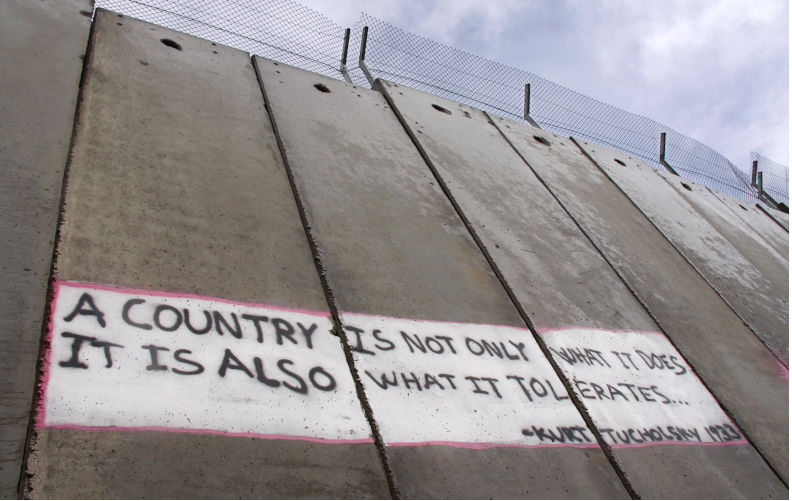Time to go beyond words on Gaza
May 30, 2025
With Israel compounding the misery of the people of the Gaza Strip through its latest operation, Australia has finally come to a point of condemnation.
A year and a half into the war and after the deaths of 55,000 people and the effective starvation of the rest, Prime Minister Anthony Albanese has described the blockade of food supplies as “outrageous, completely unacceptable” and that “Israel’s excuses and explanations [were] completely untenable and without credibility”.
Australia accepted that Israel has a right to root out Hamas following its 2023 joint attack against Israel. It was also initially reluctant to criticise Israel’s actions which affected civilians in the Gaza Strip.
But the continuing high civilian toll has made compelling the claim that Israel is perpetrating the intentional destruction of a people – genocide. More definitive has been the International Criminal Court’s ruling that Israel’s attacks against civilian populations and the intentional use of starvation are war crimes.
As the brutality of the war has deepened, Australia’s position has shifted. The Albanese Government shifted position to call for a ceasefire, the unrestricted flow of humanitarian aid and the start of talks towards a just settlement of the competing claims of Israel and Palestinians. Australia has also continued to call for Hamas to release the remaining hostages.
Many observers have been dismayed at Australia’s abundance of caution in condemning Israel’s actions in Gaza. Yet there has been a purpose to that caution, with the carefully measured statements conserving Australia’s diplomatic credibility.
The Australian Government knows that no single country outside the United States is able to directly influence Israel’s action in Gaza, and that even the United States has found its influence limited. What Australia says in public would have not the slightest impact on Israel’s conduct of the war.
However, as a middle power, how Australia conducts itself on the international stage does influence how it works with other countries. It is only in concert with other countries that some influence may be brought to bear on Israel’s conduct of the war.
The joint donor statement of 19 May which called for the full resumption of aid to Gaza was signed by 24 countries, including Australia.
Australia now needs to work with its international partners to apply further pressure on Israel to respect humanitarian law and allow in unrestricted humanitarian aid. Real pressure comes from sanctions.
In 2022, the Australian Government rejected a proposed boycott, divestment and sanctions model of reacting to the Gaza crisis. However, in the period since, the situation in Gaza has become vastly worse, in contravention of international law, and Israel says it now intends to fully occupy Gaza.
Australia’s position has correspondingly hardened. Canada, the UK and France have already warned Israel that its military campaign in Gaza would prompt “further action”, including targeted sanctions.
Australia has been measured in its response to the Gaza War and this has lent it credibility in the international arena. It is now time for Australia to use that credibility to join Canada, the UK and France to tell Israel that it can no longer stand by and watch the deepening humanitarian catastrophe that is Israel’s Gaza War without there now being measurable consequences.
The views expressed in this article may or may not reflect those of Pearls and Irritations.


